|
Our social lives are intricate and complicated, comprising connections and relationships we probably didn’t pay much attention to before the pandemic hit. But stay-at-home policies and physical and social distancing measures have made us painfully aware of the myriad interactions that shaped our daily social lives. This is precisely why social bubbles don’t work.
Today in The Conversation Canada, the University of Toronto’s Justin Jennings dives deep into Toronto’s history to examine how communal Iroquois settlements would build and burst social bubbles. Social bubbles would burst from both internal and external pressures, such as family disputes or the appearances of visitors, and other social disruptions.
Also today:
Regards,
|
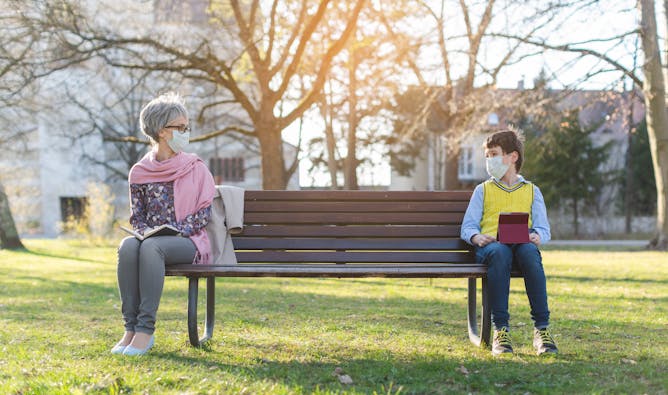
Our social lives are complicated and interdependent — social bubbles and physical distancing are difficult to sustain.
(Shutterstock)
Justin Jennings, University of Toronto
Our lives consist of a complex and dense web of interactions that ultimately make physical and social distancing attempts impossible. And this has always been the case in human society.
|

Rates of burnout and stress are high among doctors and other health-care providers.
(Shutterstock)
Colleen Grady, Queen's University, Ontario
By 2030, the WHO projects a worldwide workforce shortfall of about 18 million health-care workers, with potentially deadly consequences for patients, economies and our communities.
|
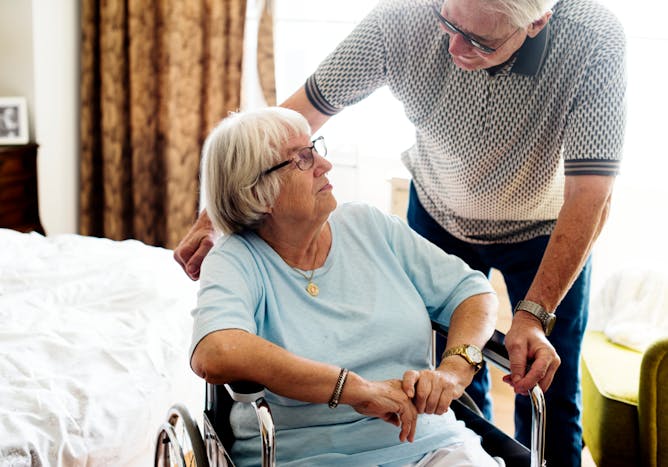
Older caregivers report unprecedented and unrelenting levels of responsibility, stress and isolation due to COVID-19 and pandemic-related protocols.
(Shutterstock)
Anna Garnett, Western University; Melissa Northwood, McMaster University; Ruheena Sangrar, University of Manitoba
Older adults who are caregivers to someone with a health condition or disability report severe and unrelenting levels of stress and isolation during COVID-19 due to pandemic-related protocols.
|
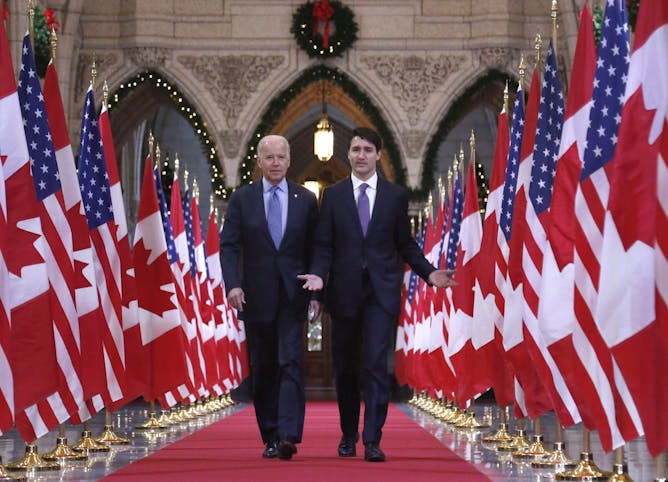
Prime Minister Justin Trudeau and Joe Biden, U.S. vice president at the time, walk down the Hall of Honour on Parliament Hill in Ottawa in December 2016.
THE CANADIAN PRESS/Patrick Doyle
Sylvanus Kwaku Afesorgbor, University of Guelph; Eugene Beaulieu, University of Calgary
Closer political ties between Joe Biden and Justin Trudeau likely means a more constructive and co-operative approach to solving challenges between the two countries in the agri-food sector.
|
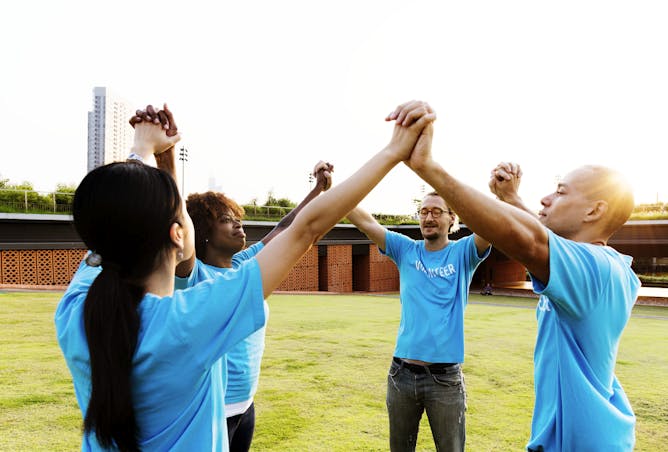
The COVID-19 pandemic has revealed how non-profit organizations operate and how they’re funded. Whether it will be enough to help the non-profit sector address growing social problems remains to be seen.
(Piqsels)
Brent McKnight, McMaster University; Julie Gouweloos, McMaster University
The COVID-19 pandemic shone a light on how non-profit organizations operate and how they're funded. Is it enough to boost non-profit sector capacity to address social inequities post-pandemic?
|
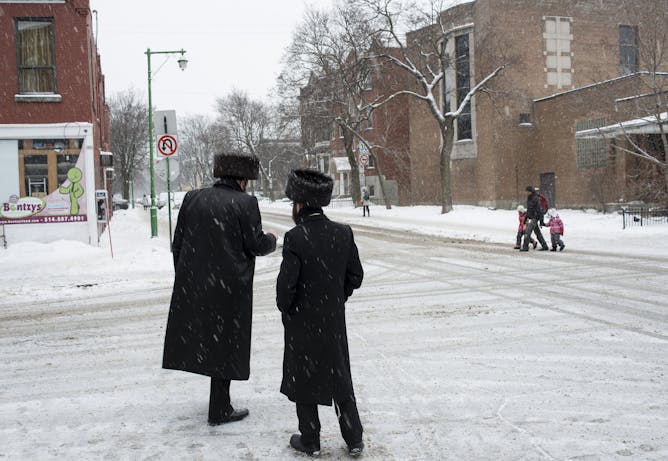
La communauté hassidique n’existe pas au singulier. On compte plutôt plusieurs communautés qui tirent leurs noms des villes d’Europe de l’Est et d’Europe centrale, où elles ont vu le jour. À Montréal, les Belz et les Satmar sont les plus connues.
Philippe Montbazet
Frédéric Dejean, Université du Québec à Montréal (UQAM); Valentina Gaddi, Université de Montréal
Certaines prières juives ne sont pas seulement le fait d’une connexion individuelle avec Dieu. Elles comportent une dimension communautaire essentielle à leur tenue.
|
Culture + Society
|
-
Ashique KhudaBukhsh, Carnegie Mellon University; Mark Kamlet, Carnegie Mellon University; Tom Mitchell, Carnegie Mellon University
A new analysis finds that Fox was relatively forthright about the legitimacy of the election results.
|
|
COVID-19
|
-
Julie Walsh-Messinger, University of Dayton
An expert in olfaction explains the effects of long-term smell loss, the subtle role the sense plays in our lives and resources for those affected.
|
|
Arts
|
-
Esperanza Miyake, University of Strathclyde
Audiences have a growing appetite for slow weekly released TV.
|
|